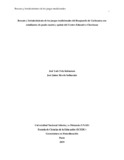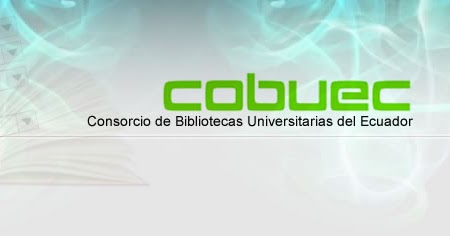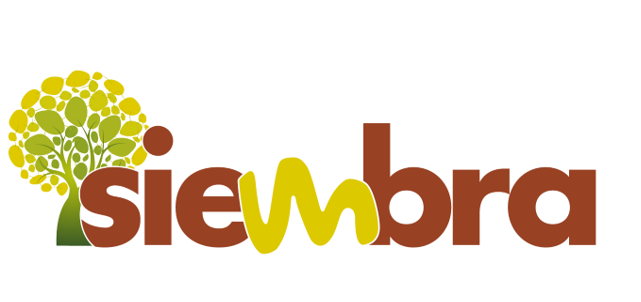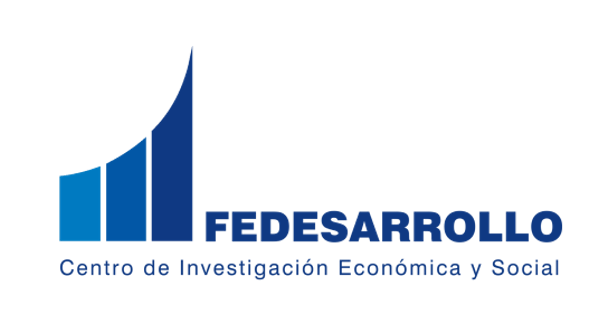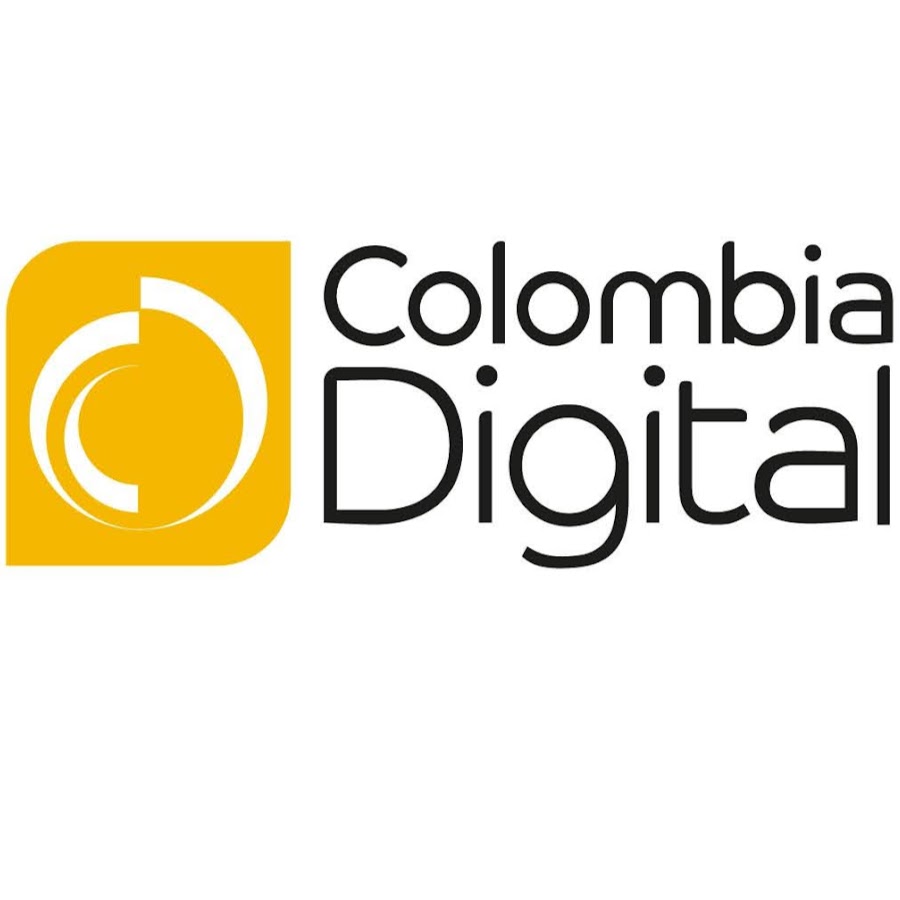Mostrar el registro sencillo del ítem
Rescate y fortalecimiento de los juegos tradicionales del Resguardo de Carlosama con estudiantes de grado cuarto y quinto del Centro Educativo Chavisnan.
| dc.contributor.advisor | Jurado Agreda, Mario David | |
| dc.coverage.spatial | cead_-_pasto | spa |
| dc.creator | Yela Imbacuan, José Luis | |
| dc.creator | Revelo Imbacuán, José Jaime | |
| dc.date.accessioned | 2019-06-22T00:56:22Z | |
| dc.date.available | 2019-06-22T00:56:22Z | |
| dc.date.created | 2019-05-24 | |
| dc.identifier.uri | https://repository.unad.edu.co/handle/10596/26606 | |
| dc.description.abstract | El rescate y fomento de los juegos populares dentro de las instituciones educativas es un proceso que se debe realizar con el propósito de favorecer la comunicación, desarrollar el lenguaje oral, favorecer la aceptación de las reglas, facilitar la integración social, desarrollar habilidades motrices, permitir el descubrimiento y conocimiento del entorno, mejorar la autoestima y fortalecer el trabajo en equipo. La presente propuesta está estructurada en tres etapas: en la primera etapa denominada identificación de los saberes previos se realizó una encuesta para determinar los conocimientos que poseen los estudiantes de los grados cuarto y quinto; se determinó que la mayoría de estudiantes conocen sobre los juegos tradicionales, pero es necesario que los padres de familia se vinculen a la práctica para lograr mejores resultados. En la segunda etapa se desarrolló las sesiones prácticas donde se realizaron los juegos de las canicas, juego de la rueda, juego de los encostalados, juego del trompo, juego de la rayuela y juego de la soga. En el desarrollo de esta sesión se identificó que a los estudiantes les gusta mucho la lúdica. En la tercera sesión se realizó la evaluación del proceso práctico donde se determinó que los juegos tradicionales tienen gran importancia dentro de los procesos pedagógicos y es necesario realizar actividades lúdicas para fortalecer el proceso pedagógico. | spa |
| dc.format | spa | |
| dc.format.mimetype | application/pdf | spa |
| dc.language.iso | spa | spa |
| dc.publisher | Universidad Nacional Abierta y a Distancia UNAD | spa |
| dc.title | Rescate y fortalecimiento de los juegos tradicionales del Resguardo de Carlosama con estudiantes de grado cuarto y quinto del Centro Educativo Chavisnan. | spa |
| dc.type | Proyecto aplicado | spa |
| dc.subject.keywords | Juego | spa |
| dc.subject.keywords | Estrategias educativas | spa |
| dc.subject.keywords | Estudiante de primaria | spa |
| dc.subject.keywords | Comportamiento cultural | spa |
| dc.description.abstractenglish | The rescue and promote the traditional games into the educational institutions it's a process that it should be do for stimulate the communication, development the oral language, encourage compliance with the rules, increase motor skills, enable to discovery and the knowledge the environment, enhance the self and strengthen the team work. This proposal is structured in three phases: in the first phase named "Identification of previous knowledge", a survey was carried out for identify the previous knowledge over the fourth and fifth grade students have; It was determined that most students know about traditional games, but it is necessary that their parents join play for better results. In the second phase, practice sessions were developed to play “las canicas” (It's a game played with small, round glass balls called marbles), “la rueda” (the wheel is a circular toy that children use to play, making it roll with a stick trying not to fall), “los encostalados” (for this game the person is introduced into a sack, he/she grabs the edge with his hands and moves by jumping a certain distance), “el trompo” (It's a spin toy which is spun by winding a length of string around the body, and launching it so that spinning on its point), “la rayuela” (In the hopscotch game the players toss a small object into numbered triangles or a pattern of rectangles outlined on the ground and then hop or jump through the spaces to retrieve the object), and “la soga” (jump rope, also called skip rope, children’s game played by individuals or teams with a piece of rope, which may have handles attached at each end.). In this stage it was identified that the students like a lot the ludic activities. The third session was destined to practical evaluation where it was determined that the traditional games are great important into the pedagogical process and it is necessary do ludic activities for strengthen it. | spa |
| dc.rights.accesRights | info:eu-repo/semantics/openAccess | spa |
| dc.rights.acceso | Abierto (Texto Completo) | spa |

